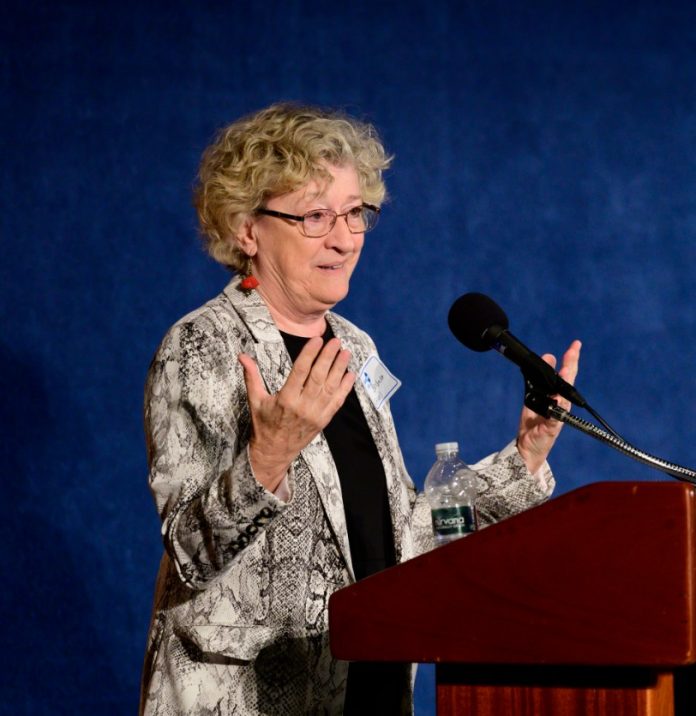
This blog was written by Dr. Barbara Stilwell, Chief Executive of Nursing Now, and uploaded on 24th September 2019.
Yesterday, world leaders gathered at the UN in New York and adopted a high-level United Nations Political Declaration on universal health coverage (UHC). This is a landmark moment that we should celebrate, but we must keep up the pressure on our leaders and work together to translate these commitments into action that transforms health systems.
Nurses and midwives have a critical role to play in achieving health for all, but we will only be successful if governments invest in our professions. There are more nurses and midwives in the health workforce globally than any other cadre, so the fastest way to expand the delivery of quality health care and achieve the triple impact of improving health, promoting gender equality and supporting economic growth, is to invest in nurses and midwives.
Dr Tedros Adhanom Ghebreyesus, Director General of the WHO, has made it clear that the achievement of universal health coverage will require domestic resource mobilisation. It’s time to demand that countries increase their allocation to health budgets and invest in their nursing and midwifery workforce – not only increasing numbers, but also ensuring that all nurses and midwives can practice to the top of their licence, and stay in the workforce because they feel valued and rewarded.
There are five evidence based key areas that health ministers and policy makers can invest in for rapid expansion of services:
- More nurse-led clinics enabling nurses and midwives to work their full potential
- Employ more specialist nurses
- Develop more midwifery services
- Make nurses central to primary health care, providing services and supervising community health workers
- Support nurses and midwives in health promotion and disease prevention.
Where can investments most effectively be made? A 2015 systematic review of approaches to improving the contribution of nurses and midwives to universal access to primary health care[i] showed that expanded access to services could only be achieved when there were investments in infrastructure, training and improvement of working conditions of the health workforce. When staff took on expanded roles in their work, there was a positive impact in the delivery of health-care, but successful expansion depended on clearly defined roles, and provision of additional training and support. In addition, incentives, both financial and non-financial including opportunities for further training and career development, were shown to be important factors for staff retention and performance.
Nurses are already leaders, advocates and innovators in their communities, clinics, hospitals and in the health care system but not enough of us occupy health system leadership roles where we can guide health workforce investment. Just yesterday we learnt that nursing has been overlooked for inclusion on a committee that will develop Australia’s 10-year Preventative Health Strategy. There is no preventative health without nursing responded the Australian College of Nursing a sentiment – a position with which I whole-heartedly agree!
Yesterday’s declaration at the UN has been a significant milestone but it is now time to engage positively with our governments to translate this declaration into an investment in nursing and midwifery and indeed the health workforce. There’s no time like the present so let’s make it Nursing Now!
For millions of people across the world, the only health worker they will ever be treated by is a nurse or midwife. Our role in reaching some of the most marginalised communities is essential to leaving no one behind and achieving health for all.


